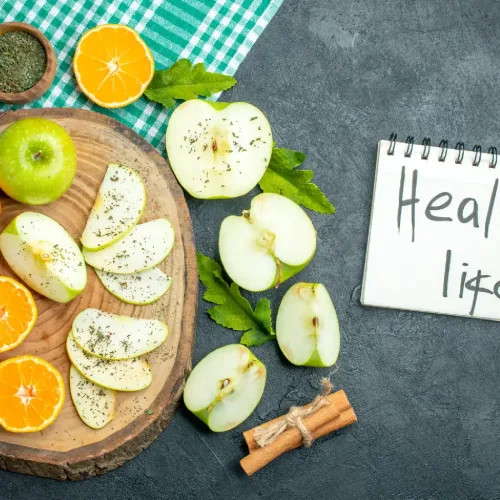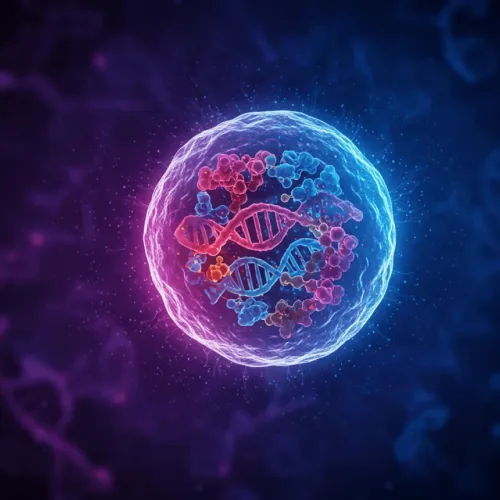The health effects of phenylalanine are crucial for researchers and health professionals. Phenylalanine is an essential amino acid involved in protein synthesis and various metabolic processes. This analysis delves into the evidence surrounding phenylalanine, exploring its benefits, potential risks, functions, sources, and effects on overall well-being.
What is Phenylalanine?
Phenylalanine is an amino acid found in many proteins’ rich food chains, such as meat, fish, eggs, and dairy products. It is also present in artificial sweeteners like aspartame. The body converts phenylalanine into tyrosine, another amino acid essential for producing neurotransmitters like dopamine, norepinephrine, and epinephrine.
Dual Nature of Phenylalanine
1. Good Nature
Phenylalanine works as a building block for proteins essential for life. It is crucial for various physical functions. Additionally, it functions as a precursor for important neurotransmitters including dopamine, norepinephrine, and epinephrine Therefore, adequate consumption is important for overall health.
2. Bad Nature
Excess phenylalanine may contribute to health problems, especially in people with some genetic disorders. High levels may also reduce the absorption of other amino acids. So, it is significant to keep a balance.
Sources of Phenylalanine

1. Natural Source
Many foods contain phenylalanine naturally. This includes meat, fish, eggs, and dairy products. Moreover, plants-based sources like soy and nuts are rich in this amino acid. So, a balanced diet usually provides sufficient amounts.
2. Artificial Sources
Artificial sweeteners, particularly aspartame, contain phenylalanine. These are common in diet sodas and sugar-free products. As a result, people sensitive to phenylalanine must be cautious with these items.
Risks and Side effects of Phenylalanine
Despite its benefits, phenylalanine can cause risks, especially for individuals with phenylketonuria (PKU). Elevated levels of phenylalanine in PKU individuals can cause intellectual disability, brain damage, and other serious health issues, Therefore, they should follow a low phenylalanine diet.
Phenylalanine and Cancer
An important concern is whether phenylalanine can cause cancer. Studies on artificial sweeteners containing phenylalanine, like aspartame, have produced mixed results.
Some animal studies suggested a possible cancer risk, but extensive human studies have not confirmed these findings. Regulatory agencies, including the FDA and EFSA, have believed aspartame safe for general consumption within certain limits.
Safe Consumption Guidelines
For most people, there is no risk from consuming phenylalanine through a balanced diet. However, it is essential to consider safe intake levels, especially when consuming products containing artificial sweeteners. Moderation is key. The following list provides general guidelines:
- Monitor intake of foods containing aspartame.
- Individuals with PKU, strictly follow a low phenylalanine diet.
- Consult healthcare providers for personal advice.
Future Studies
Researchers should continue to investigate the health effects of phenylalanine. Its role extends to areas of mental health, pain management, and digestive processes. Long term studies can provide valuable insights into its safety and usefulness, particularly regarding artificial sweeteners.
Conclusion
By knowing the health effects of phenylalanine, it is important for creating informed dietary choices. Although it does offer several benefits, it is necessary to consider individual health conditions and consume it in moderation, Upcoming research will clarify its role in human health and potential risks.




